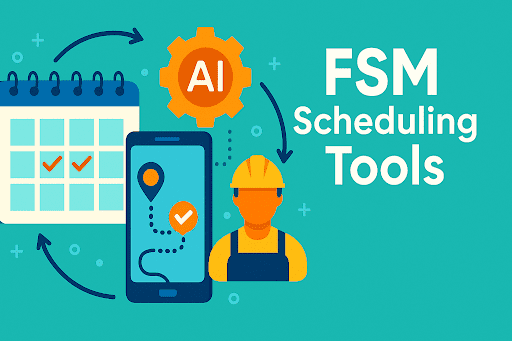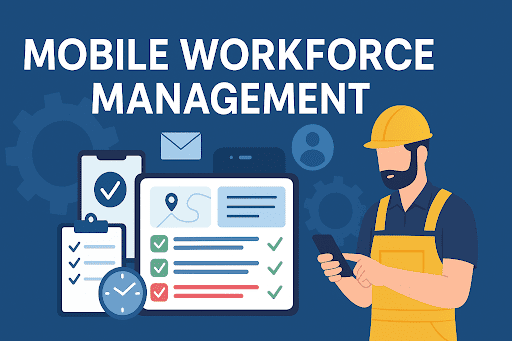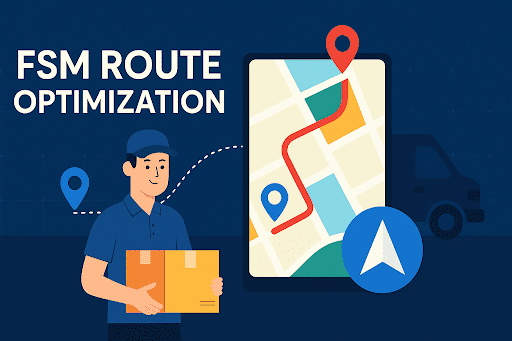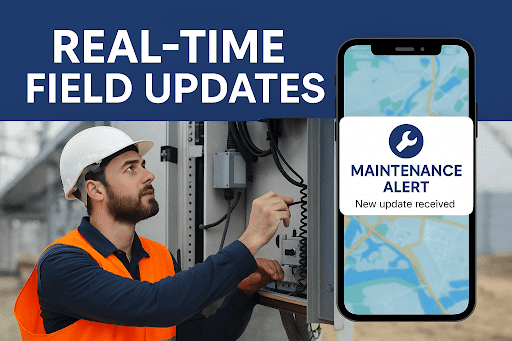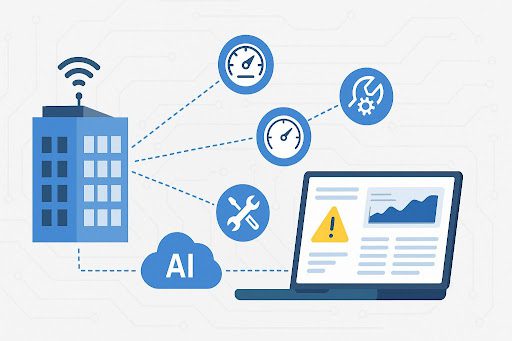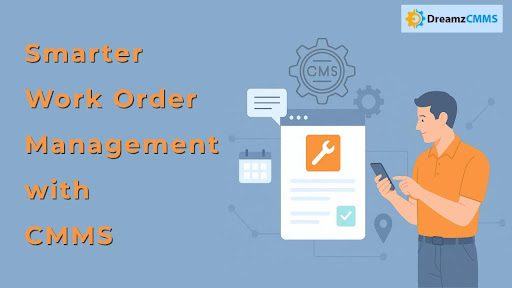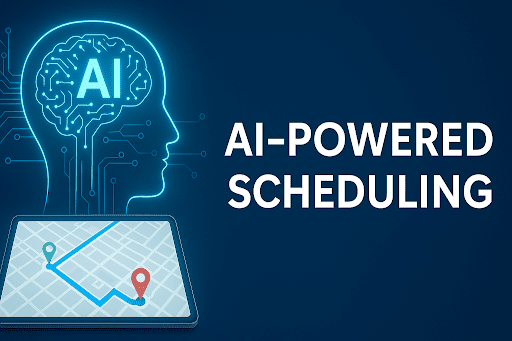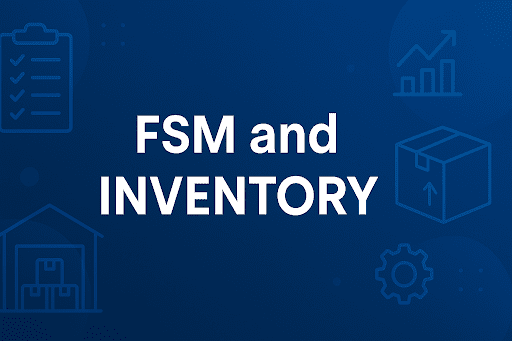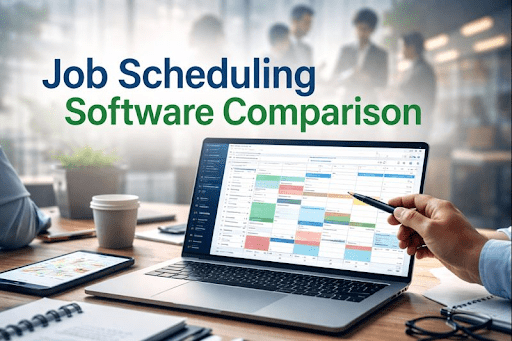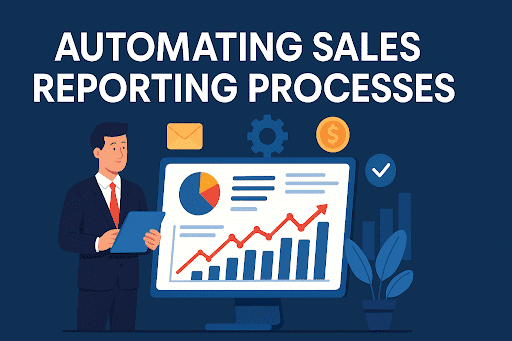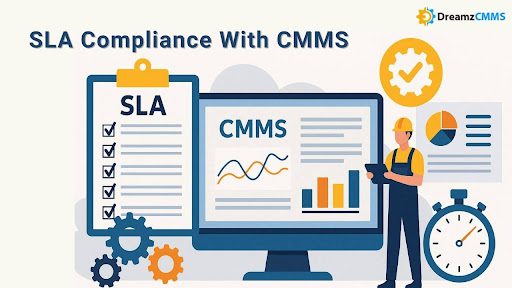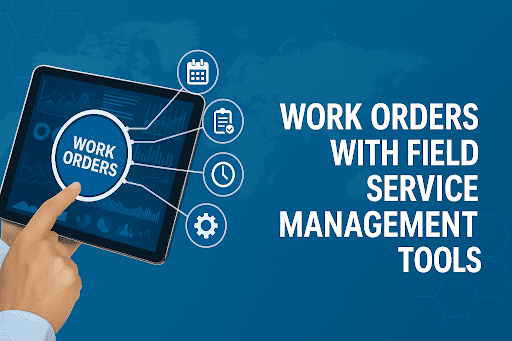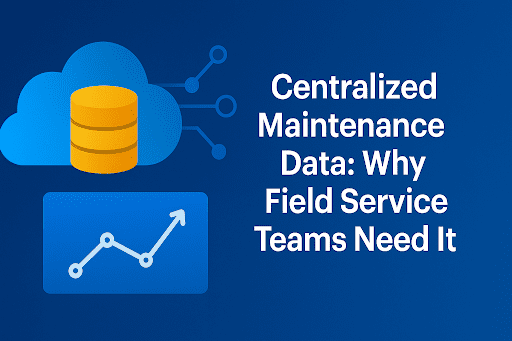 BACK TO Blog
BACK TO Blog
Asset Rental Management
Field Service
FSM Feedback System: Turning Field Insights into Measurable Service Quality
- July 01, 2025
- DreamzCMMS Team
- 8 minutes read
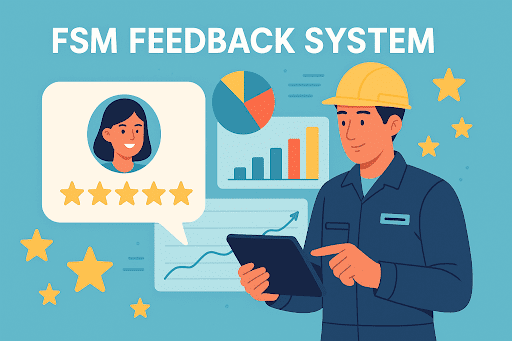
- July 01, 2025
- DreamzCMMS Team
- 8 minutes read
Executive Snapshot
Field operations succeed or fail on service quality. When feedback arrives late or not at all leaders cannot correct issues before they spread. An FSM feedback system captures ratings, comments, and resolution data the moment a job closes, creating a live view of performance across regions.
| Leadership Focus | Traditional Method | Feedback-Driven Method |
| Service insight | End-of-month surveys | Field service feedback software streams ratings after each visit |
| Technician review | Manual ride-along checks | FSM performance review system logs scores per job automatically |
| Complaint handling | Email chains | FSM complaint and resolution tracking opens tickets instantly |
Strategic edge: When feedback flows into a platform such as Field Service Management Software, managers see trends, act sooner, and connect customer experience data with scheduling and routing decisions.
Why Feedback Now Sits at the Center of Field Service
Field work happens far from the front office, yet its impact shows up on every balance sheet. What once passed for “good enough” insight end-of-month surveys, sporadic complaint emails—no longer meets customer-experience targets or executive reporting needs. Real-time signals are the new baseline, and an FSM feedback system is how teams collect them without slowing a single job.
Pressure from Customers and Regulators
Buyers compare service visits as easily as ride-shares. If a technician’s work leaves questions unanswered, the customer posts a review in minutes. Regulators have also tightened response-time rules in industries such as utilities and telecom. Field service feedback software gives leaders a live feed of ratings and comments, so they can see risk before it lands in public view.
Manual Reviews Cannot Keep Pace
Managers still ride along on routes, but one ride-along covers only one slice of the day. Closing that gap calls for automatic scoring. A lightweight technician rating and feedback system attaches a quick form to every work order: a star rating, a yes/no on resolution, and space for a note. It takes the client less than thirty seconds and tells the back office everything it needs to know.
Scaling Without Losing Quality
Growth introduces new regions, subcontractors, and service lines each with its own quirks. A built-in feedback loop for field service teams normalizes data across that mix. Scores roll up into one view, so coaching happens on patterns, not anecdotes. When those numbers flow into Facility Management Software, dispatchers adjust assignments on the fly, matching higher-rated specialists with high-risk jobs.
Real-World Gains When Forecasts Guide the Work
Predictive models only prove their worth when they turn into stronger margins or smoother operations. Below is a plain-language look at how teams that deploy rental demand AI see concrete changes in daily performance no new software maze, no extra headcount, just better calls at the right time.
Fewer Idle Days, Fewer Panicked Shortages
Instead of guessing how many units each branch needs, planners lean on data-driven demand prediction in rentals. The model weighs local permits, weather, and historic cycles, then flags likely imbalances a week or two ahead. Branches that once shuffled equipment at the last minute now move assets early, cutting idle time and rush freight.
Pricing That Moves Before the Market Does
Waiting for phones to light up before changing rates leaves money on the table. With dynamic pricing based on rental demand AI, rates adjust quietly sometimes up, sometimes down hours or days before the swing shows up in orders. Revenue per unit climbs during peaks, yet overall booking volume stays steady because changes feel gradual, not sudden.
Smarter Transfers Across the Map
Some depots overflow while others scramble. By feeding forecasts into AI for rental supply-chain decisions, managers see a heat map of likely shortfalls. Relocations are booked early, and empty miles drop. Linking this view to Field Sales Software means dispatch and yard teams act on the same information without extra meetings.
Maintenance Slotted Into Natural Lulls
The same forecast shows when gear will sit. Service managers pair those windows with work orders, keeping uptime high during revenue spikes. Breakdowns fall, and preventive tasks stop colliding with high-demand weeks.
| Measure | Before AI | After AI |
| Utilization | 68 % | 77 % |
| Revenue per Unit | $1,150 | $1,230 |
| Same-Day Fulfillment | 72 % | 88 % |
Want Feedback That Drives Real Action?A simple score is not enough. What matters is how fast your team can use that score to coach, resolve, or improve the next visit. The right tools make that easy.Capture feedback at the moment of service Route issues to the correct team without delays Coach technicians using real, job-level data Explore how to connect customer insight with daily operations through DreamzCMMS and turn feedback into a built-in advantage. Book a demo today. |
Adding Rental Demand AI Without Complicating the Day-to-Day
Most rental firms already track a wealth of information—contracts, usage logs, regional trends. Tapping that data with a small, focused model is enough to show early value. From there, improvements build naturally.
Begin With One Clear Question
Pick a single headache: too many idle units, occasional stockouts, or prices that lag behind demand. Keeping the scope tight lets any predictive analytics for rental businesses model shine fast.
Work With Existing Records
No new system is needed. Historical rentals and project schedules hold plenty of signals. If you use Construction Project Management Software, those dates and quantities are already organized for forecasting.
Pilot on a Small Slice
Run the model for one branch or one asset type. Compare its forecast to actual rentals over a few weeks. Adjust, then widen slowly. Because DreamzCMMS shows AI suggestions inside familiar dashboards, the team sees value without extra training.
Turn Forecasts Into Small Actions
- Move equipment early when demand is predicted to spike.
- Trim prices during quiet spells.
- Slot maintenance when the model shows natural downtime.
You can explore these moves risk-free in a Free Demo before touching live inventory.
Measure, Tweak, Repeat
Watch utilization, revenue per unit, and fulfillment speed. Every cycle of feedback refines the model and gives managers clearer ground to stand on.
For Decision Makers
You do not need a sweeping overhaul. A single, data-backed step with rental demand AI delivers earlier warnings, smoother logistics, and steadier margins while the rest of the operation keeps running the way it always has.
Proving What Works and Expanding with Clarity
Once feedback flows into your system, the next step is to use that insight to improve service and support decisions that lead to measurable business outcomes. This stage is not about adding more tools. It is about making smarter use of the ones already in place.
Begin with Key Performance Signals
Not all numbers offer the same value. Focus first on a few reliable ones:
| Metric | Why It Matters | Where It Comes From |
| First-Visit Resolution Rate | Fewer second visits reduce cost and keep clients satisfied. | Pulled from work order closures. |
| Average Technician Score | Highlights who needs help and who leads by example. | Tracked inside the technician rating and feedback system. |
| Time from Complaint to Resolution | Faster response keeps customers loyal. | Captured through FSM complaint and resolution tracking tools. |
These details, when viewed through Field Service Management Software, give leaders a mix of service and cost data on a single screen.
Connect Feedback with Sales Strategy
A service visit often opens the door to the next sale. High-scoring jobs are perfect for upsells. Low scores need fast follow-up. Sharing ratings with your team via Field Sales Software lets account managers act while the job is still fresh in the customer’s mind.
Conclusion: A Stronger Service Model Starts with Listening Well
Service quality is not only about speed or task completion. It is also about understanding how each visit feels to the customer and how that feedback guides future actions. A structured FSM feedback system turns those impressions into clear signals that leaders can act on without delay.
From real-time reviews to technician coaching, and from issue resolution to smarter sales follow-ups, the impact of feedback expands across the entire field service workflow. When every job includes a response and every response leads to a better outcome, the system improves itself.
It does not require an overhaul. It starts with asking one good question after every job and using that answer well.
Additional Reads for Field Service LeadersIf you found this discussion on FSM feedback systems valuable, the following resources will help you further optimize service operations and decision-making:
|
Next Step: Make Feedback Part of Every Field VisitIf you are ready to capture service quality in real time, improve technician performance, and resolve complaints before they grow, now is the time to see how a modern FSM feedback system fits your team.Track ratings the moment a job closes Turn feedback into fast, measurable actions Use insights without disrupting daily workflows Request a Free Demo and discover how feedback can power better service decisions across your entire operation. |
Ready for More?
Talk to one of our CMMS experts and see how DreamzCMMS can simplify your maintenance operations.
Book a free consultation